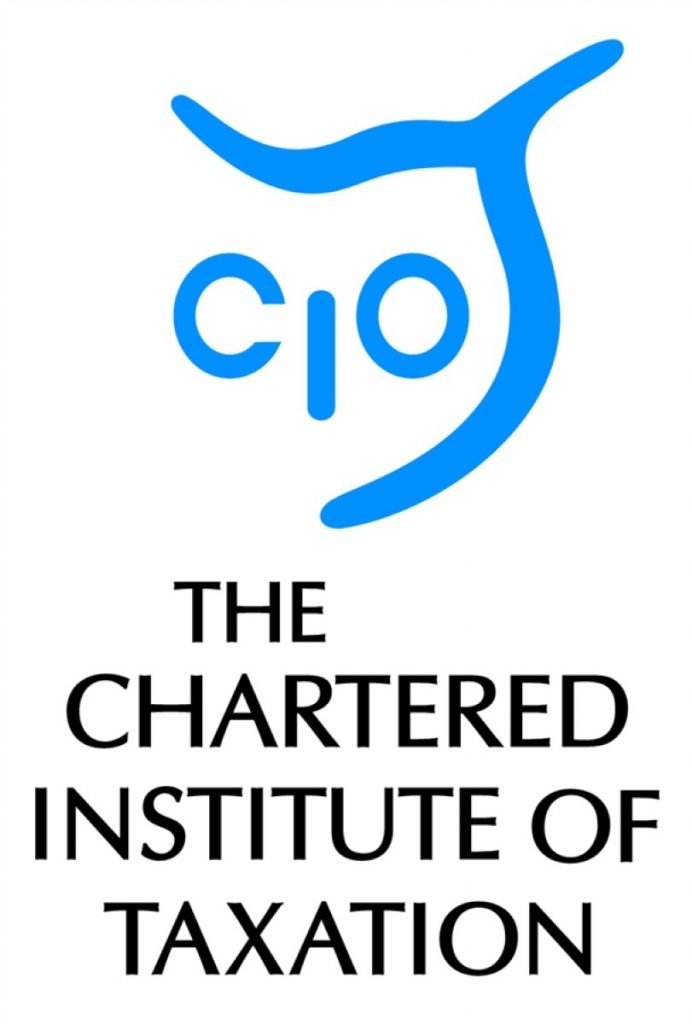CIOT: Rush to deal with economic downturn could have unintended consequences
The rush to deal with the economic downturn could have unintended consequences warns The Chartered Institute of Taxation (CIOT).
The CIOT recognises that policy-makers wish to help businesses and individuals through the economic downturn. But the CIOT believes it is vital that any tax proposals are carefully thought through.
Andrew Hubbard, CIOT Deputy President, says: “Although there may be a need for short term fiscal measures, the Government needs to ensure that any changes make sense in the medium to long term. History shows too many cases where short-term measures introduced to deal with particular problems have ended up creating more problems than they have solved. Getting the balance right will be far from easy but it is essential that any new measures are properly thought through.”
If the Government decides to adopt a fiscal stimulus strategy, which appears increasingly likely, then the CIOT believes it would be best to adopt one that is not prone to causing problems in the future. One course of action open to the Government would be to temporarily reduce the rate of VAT as permitted under EU law.
Andrew Hubbard adds: “A reduction of VAT would help those on low incomes as well as small and large businesses. It is relatively easy to implement and can be time limited.”
– ENDS –
For press information contact Simon Goldie on 020 7245 4122 (direct line), 07879 497316 (mobile). Email sgoldie@ciot.org.uk





-01.png)